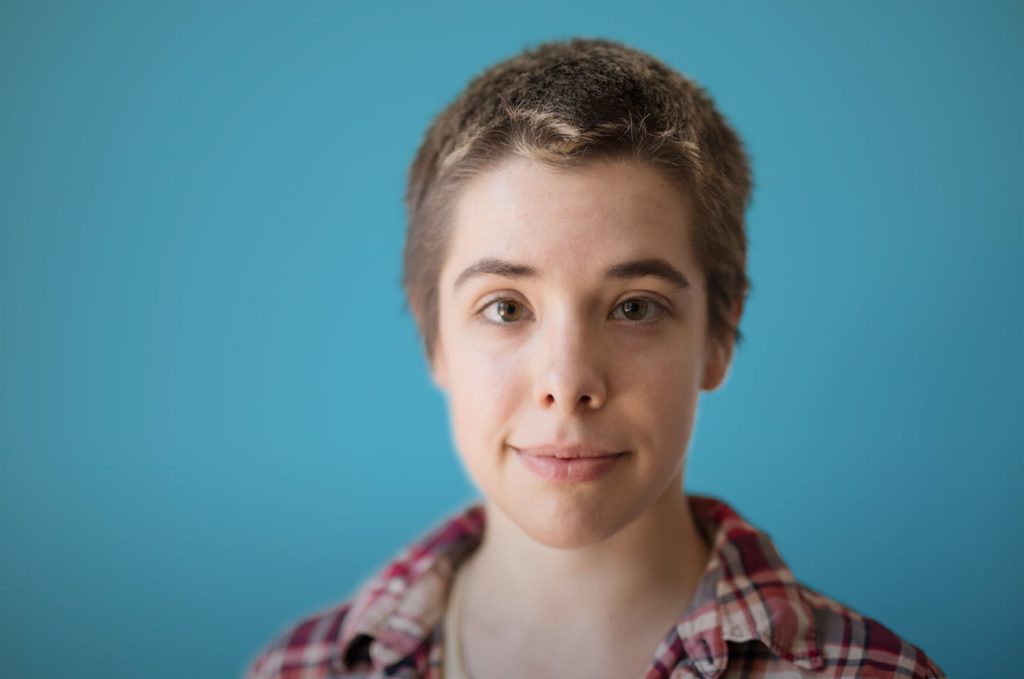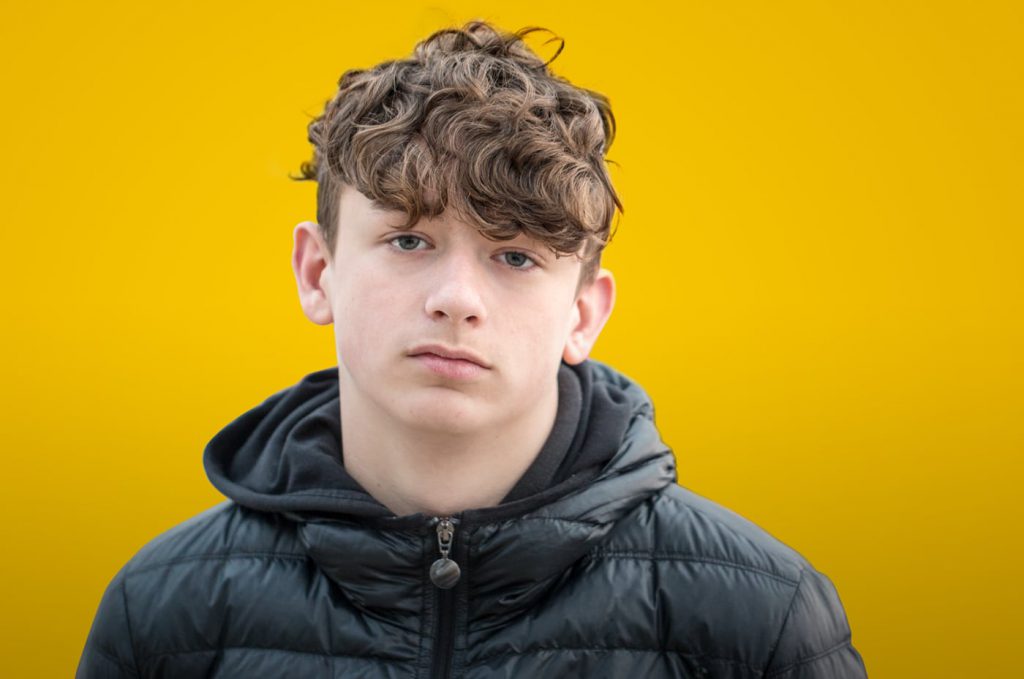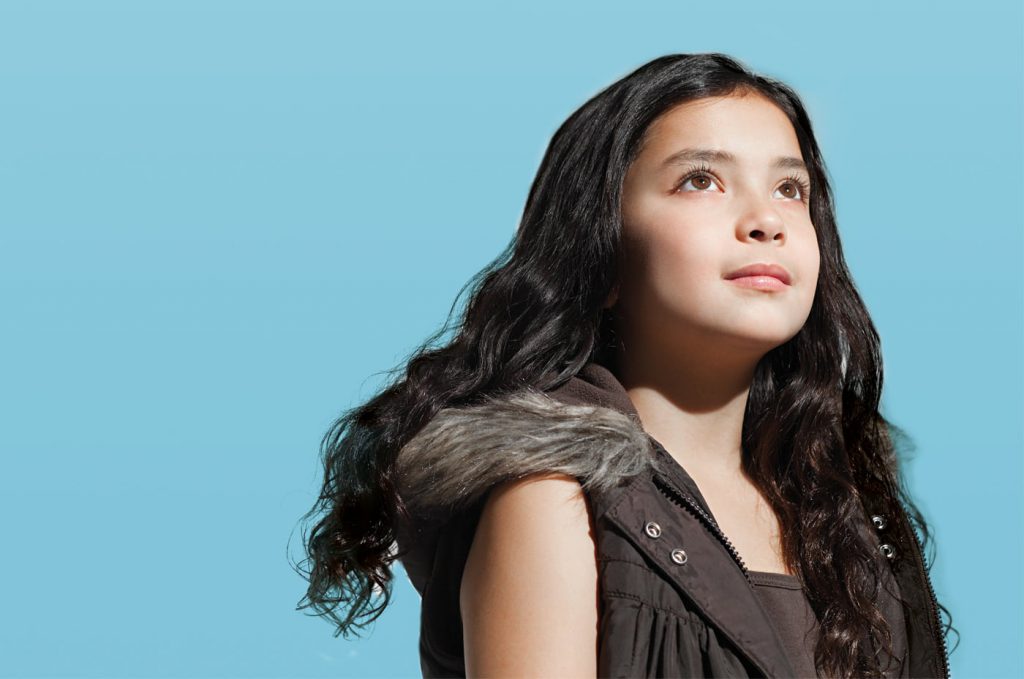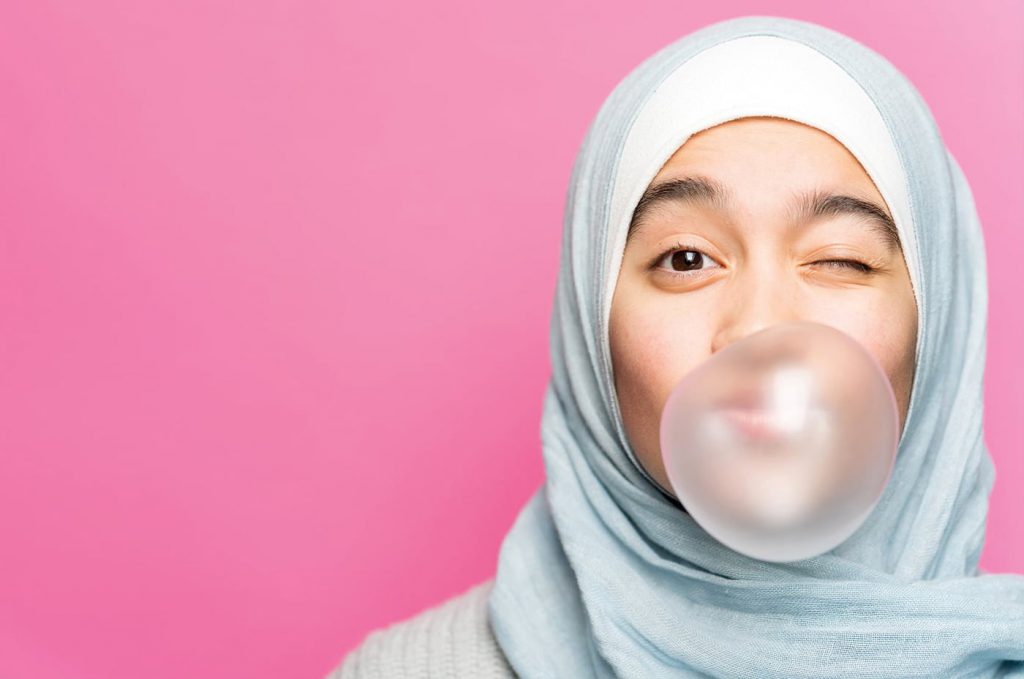Self harm affects 1 in 5 young people, and everybody is different
There are lots of reasons why your friend could be self harming.
They may have problems at home, or maybe they are being bullied or feel misunderstood or alone.
They have told you because they trust you and you may have promised not to tell anyone. But it’s ok to tell them that you feel overwhelmed and need to tell an adult.
If your friend is self harming it’s important that you don’t take responsibility.
Help them to think about their self harm not as a shameful secret, but as a problem to be sorted out.
How does the wïsh centre work?
The wïsh centre is young person centred, meaning we focus on choice. We offer free therapy sessions and a peer self harm support group. An outreach one to one is a space where your friend can find out more, talk openly and to ask any questions.
If your friend doesn’t want to meet an outreach worker (at school/college or at the wïsh centre) by themselves, you can come with them for the first meet.
Tips on approaching a conversation about self-harm
Having these conversations can be very difficult and for a friend who isn’t ready to get help they might feel worried or frightened about it.
It’s important that you respect your friend and listen. If you are worried about them you do not have to keep self harm a secret. There can be a lot of pressure when you care but want to avoid upsetting your friend.
When I was in year 11, my friend told someone at school about my self harm. I was angry and we fell out. Over time I understood that they only did it because they cared.
Jessica, aged 17
Getting support for yourself
Supporting friends can be tough, and to keep supporting others it’s important that you look after yourself and that if you need to, talk to someone.
Look after yourself
youngminds.org.uk
Talk to someone
kooth.com
We are accepting referrals. There is a waitlist and if we are unable to provide a space in 6-8 weeks we will review and may discharge. See our Signposting page for other suitable services.
If you need to speak with someone now, call Childline 0800 1111 and someone will listen. Over 18? Call Samaritans 116 123. (Both are FREE)
If it is an emergency, call 999. Last updated 02/12/2020.
Service information

Self Harm Peer Support
A safe space for you to talk and find coping strategies. The weekly group is also a place to make friends, try new things and have fun!
After school at the wïsh centre.
Ages 13-16 (Young women and female to male or non-binary transgender young people)
This group is paused until face: face sessions can resume.
Safe to speak
If you are self harming, or recovering from self harm, 1:1 therapy where you have the time and space to talk and to express.
Sessions will be held at your school or at the wïsh centre.
Ages 12-19 (All genders)
We can also offer 1:1 support for young people who self harm ages 19-25.
These will be by telephone or video call during Corona virus lockdown.


Positive changes
Weekly group for you to have peer support in a non-judgemental space and to develop new skills, friendships and confidence through volunteering and campaigning.
After school/ college at the wïsh centre.
Ages 15-19 (All Genders)
Digital group is taking place during the Coronavirus lockdown.
Safe step
Weekly sessions with a therapist at your school using art and talking.
Ages 8-12 (All genders)\
Safe step is suspended during the Coronavirus lockdown.


Outreach
Up to 4 sessions with our Youth Support & Participation Worker to explore the best options for you and to help you feel comfortable coming to the wïsh centre.
You can be seen in school or at the centre.
This will be by phone, text or video call during the Corona virus lockdown.
We will not accept a referral if:
- You haven’t consented to a referral
- You are currently using class A drugs
- You have a recent history of violence or exploitation of others
If we feel our services are not appropriate for you, we will signpost you to another service.